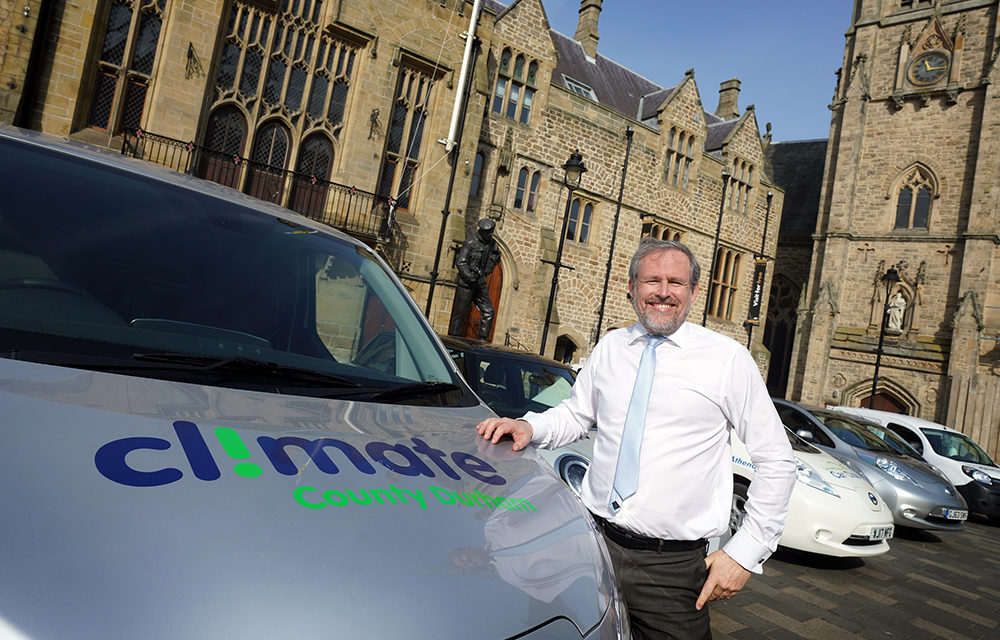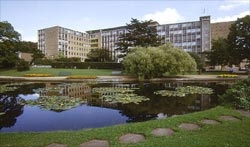The largest local authority in the North East is celebrating rounds of success after being recognised three times for its work to tackle climate change.
Durham County Council staff attended a ceremony at Durham University to celebrate team leader, Maggie Bosanquet, as she was awarded an Honorary Doctor of Science for her commitment to sustainability.
The council was also a finalist in two categories in this year’s national MJ Awards, which recognise local authorities for the delivery of their services.
An environmental campaigner since 1989, Maggie has led the council’s climate change team for 27 years, working to deliver a multi-million-pound programme of sustainability, energy, and carbon initiatives.
Part of the honour was for her role in establishing innovative and effective links with the university and the Durham Energy Institute (DEI), on which she is an advisory board member, working with students and researchers to develop pioneering schemes.
Teams also had a night of success at the MJ Awards, after winning Best Electric Vehicle Charging Project.
This achievement praised the council for its work on the Scaling of On Street Charging Initiative (SOSCI), which has so far seen 153 electric vehicle charge points installed across the county, particularly in rural areas.
The SOSCI project aims to support the county’s residents who are looking to switch to an electric vehicle, but live without off-street parking, by enabling them to be within five minutes’ walk of a charge point. The council was also the highly commended finalist in the Digital Transformation category, for its initiative to use technology to tackle litter.
In the last year, the authority has issued over 1,000 Fixed Penalty Notices (FPNs) for littering.
To combat this, and promote positive behaviour, the council has developed an e-learning course offered as a voluntary alternative to the FPN, which can be completed online and is similar in principle to speed awareness courses offered by police forces.
Prestigious Accolades for Council’s Projects









